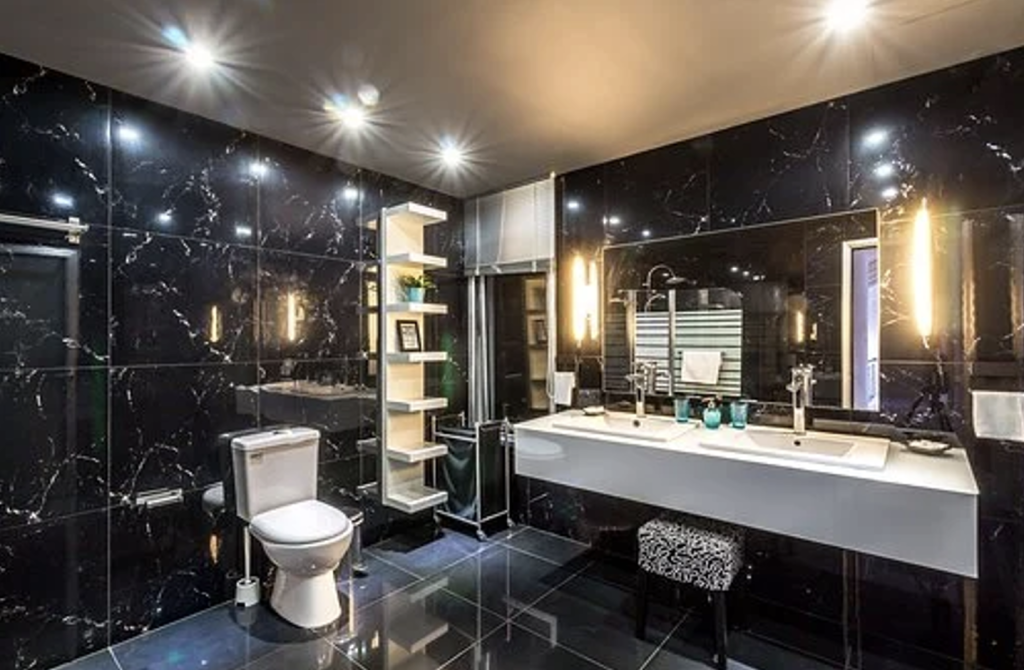Few things can rile a homeowner quite as much as the phrase, plumbing emergency. Not only are plumbing issues costly to repair, but they’re also more often than not a huge inconvenience.
If you’ve experienced a plumbing crisis, your list of contacts most definitely includes the number of an emergency plumber Melbourne and other Australian cities rely on. It’s worth noting though, that not all plumbing crises are plumbing emergencies. So, when do you need those same day services?
How to Identify a Plumbing Emergency
Sometimes in a bid to save money, homeowners might be a bit vague with their definition of a plumbing emergency and ignore the signs that action is needed urgently. Others do the exact opposite and regard every little plumbing issue as a major emergency, wasting money on emergency services.
It’s important to understand the different instances that warrant a genuine plumbing emergency. Knowing what to do about these types of plumbing crises may also save you some money while you wait for your trusted plumber to come to your rescue. Let’s delve into a few of the more common plumbing emergencies.
Burst Water Pipes
Quite possibly the most damaging plumbing emergency is a burst water pipe. Aside from creating a considerable mess, it’s estimated that a ruptured pipe could easily waste up to 100 gallons of water over 8 hours.
It’s crucial to deal with small pipe leaks as soon as you discover them and not wait until the pipe eventually bursts. Depending on the location of the pipe, you could be looking at damage to the wall, paintwork, flooring and furniture. If the pipe is in the kitchen, you’re possibly looking at electrical wires getting wet.
Water Leaking Signs
Some signs to show that you have leaking water pipes are:
- Poor water flow when you open the taps
- Dank, musty smells throughout the house
- Stained or damaged ceilings, walls or floors
- A running water meter
- Visible mould and mildew
- Excessive water bills
Emergency Tip
When you see or realise you have a burst pipe, follow these instructions until your plumber gets there:
- Shut off the water supply immediately
- Open windows in the room to dry out the space
- Unplug any electrical items in the room
- Remove any loose rugs or furniture that could get damaged by excess water
Blocked Toilet
Generally, there are two reasons you experience an overflowing toilet. The first is a malfunctioning flow system or the most common cause, an obstruction or blockage.
Signs of Blocked Toilet
Signs that your toilet is becoming blocked include a few of these tell-tale signs:
- Water doesn’t disappear when you flush the toilet or it drains very slowly
- A gurgling sound is heard in the bath, basin or shower when the toilet is flushed
- Bad smells coming from the bath, sink or any other drains is a clear indication of blockage
Emergency Tip
Pro-tip to minimise water from overflowing:
- Most toilets have a water tap under the water line beside the toilet. Turn this tap to shut off the water flow. (Usually anti-clockwise)
- If it’s a blockage, you can try and use a plunger to force the blockage downward.
- Some blockages will require a professional’s skills and tools to dislodge the cause of the overflow.
Note, a toilet that becomes compressed with water could eventually shatter resulting in water leaking everywhere. So it IS important to take action.
Faulty Hot Water System
No one looks forward to hot water system emergencies because they can be quite costly to repair. Leaks can cause severe damage to the structure of your home, especially if parts of the system explode. The good news is this doesn’t happen very often. But they do leak.
Signs of a Faulty Water Heater
Some key signs to look out for include the following:
- Water dripping around the tank
- Irregular water temperatures
- Rusty coloured water
- Noisy water heater
Emergency Tip
Our experts suggest you use the following steps to contain a faulty hot water system:
- For coloured water and peculiar smell issues, flush the tank if there are no signs of leaking; flushing the tank often solves the problem and even improves the units’ performance
- Check the unit for signs of leakage
- Check temperature settings on the water heater – adjust if necessary
- Call your trusted plumber if the problem persists – be sure to turn the water off at the main valve in the interim
Blocked Drains
For the most part, blocked drains in the bathroom and kitchen can be sorted out at home. To prevent blockages, clean the drains regularly with a vinegar and baking soda mixture. Avoid using harsh chemicals as this could damage the plumbing.
Be sure to remove loose hair and soap suds from the drains as this is the biggest cause of blocked bathroom drains and sinks. Rinse drains with hot water after flushing with the vinegar and baking soda.
Final Thought
It’s important to deal with plumbing issues when you discover them. Waiting for the problem to become more serious is just an invitation for a full-blown emergency. The general rule of thumb around your plumbing should be to act rather than react!

